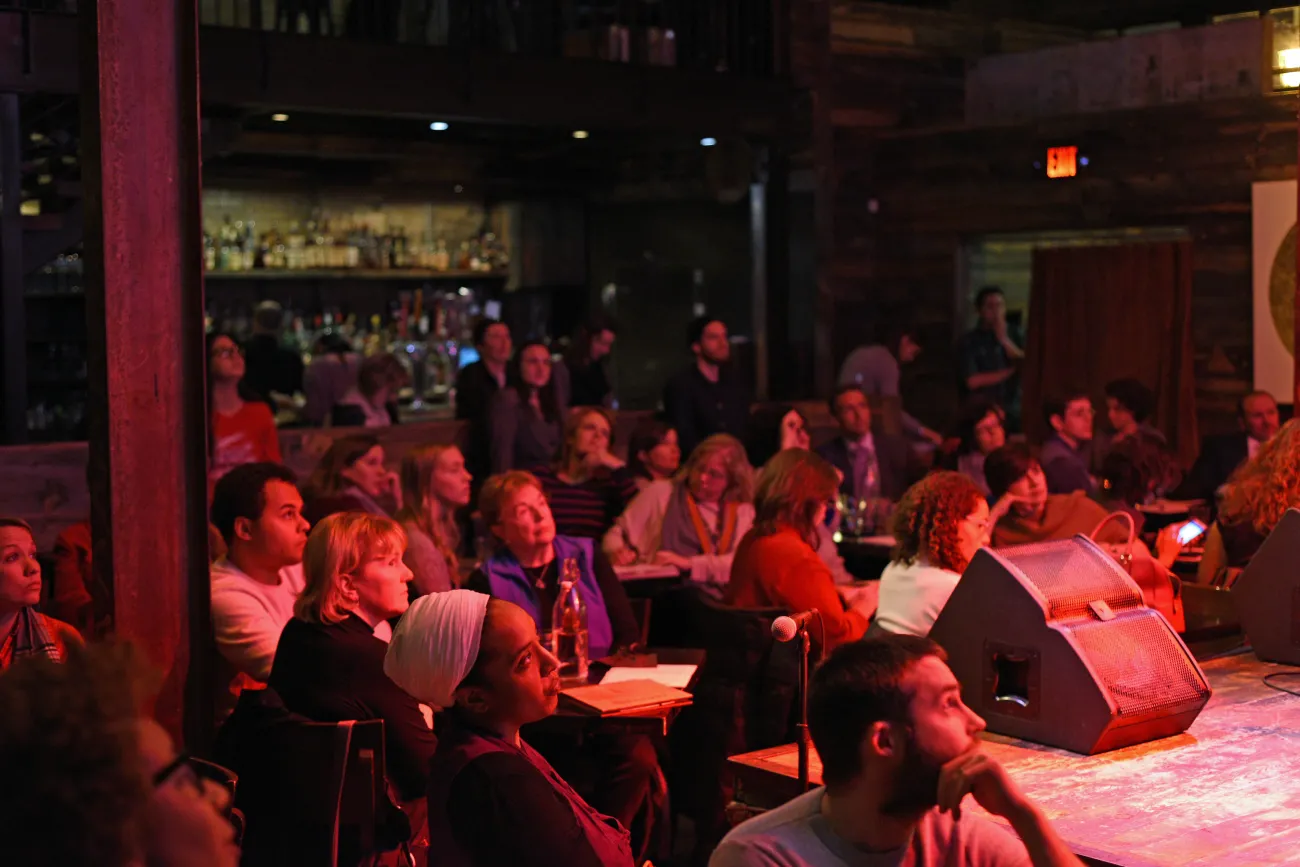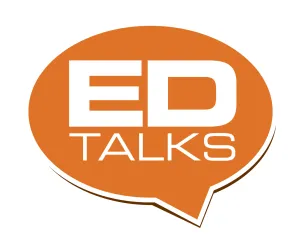EDTalks helps our community think critically about issues relating to public education and young people. Presenters share new ideas, spark curiosity and help build greater understanding and empathy.
Do you have an idea or compelling story related to public education or youth that you want to share? The EDTalks speaker application is now open! Apply by June 15 to present at EDTalks during the 2019-20 season.
Speaker Information
Based on the TEDTalks model, these lively happy hour events feature compelling short talks and Q & A on a wide range of issues impacting public education and our young people. Learn more about EDTalks and check out our videos and podcasts.
What we're looking for:
- Engaging topics that relate to youth and/or education
- Dynamic speakers with a strong background in the subject matter
- Speakers with public speaking experience
- Diversity in topics, perspectives, presenters, etc.
If you are interested in being an EDTalks speaker, please complete our online application.

Common Questions
When is the application deadline?
- To be considered for the 2019-20 EDTalks season, please submit your application by June 15, 2019. We will contact selected speakers by July 1, 2019.
- We accept speaker applications year-round, but will not review them until the annual review period.
What are the speaker expectations?
- Attend an orientation workshop - If you are selected as an EDTalks speaker for the 2019-20 season, you will be required to attend a presentation workshop on Saturday, Sept. 14, 2019.
- Participate in a rehearsal - You will need to present your EDTalk to a staff panel approximately three weeks before your scheduled EDTalk. This is an opportunity to practice your EDTalk and receive constructive feedback from our staff.
Are EDTalks speakers paid?
- EDTalks speakers are offered an honorarium of $300. Speakers have the option to waive the honorarium or redirect it to a Minneapolis Public Schools fund managed by AchieveMpls.
Who attends EDTalks?
- Our audiences vary significantly based on the topic, but generally consist of 80-120 attendees, including 60% women and 50% who work in education.
